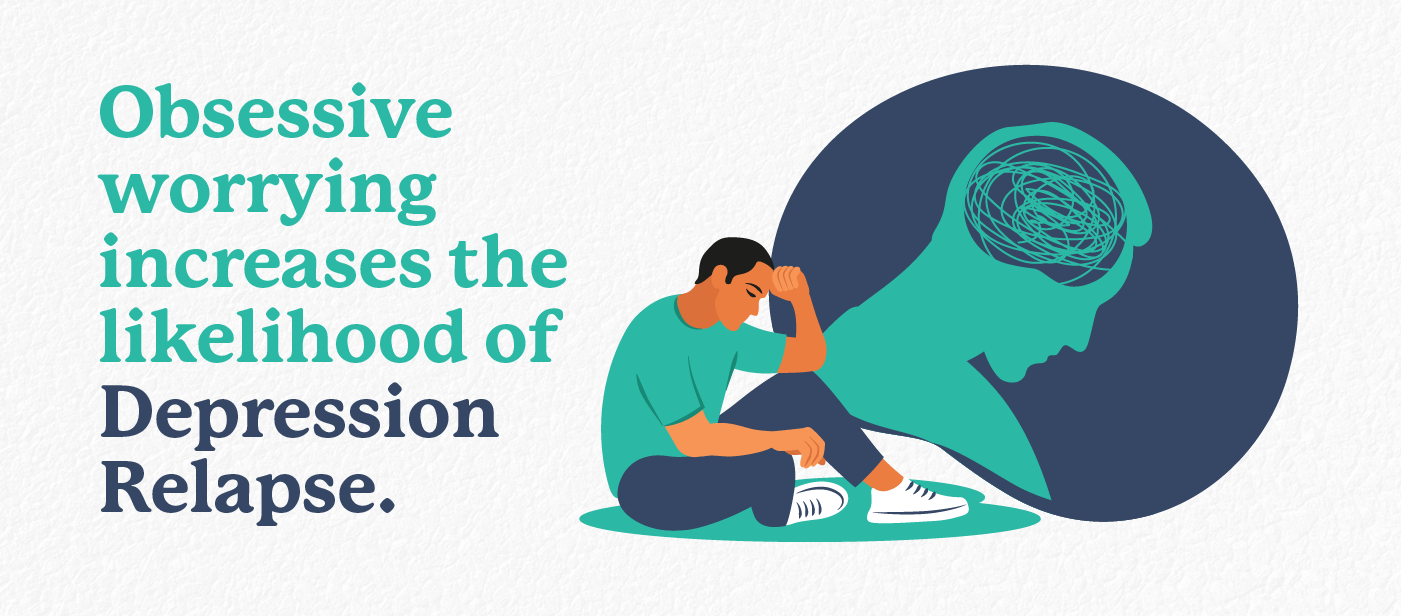How to Manage Obsessive Worrying: A Step-by-Step Guide
Obsessive worrying, also known as rumination, affects a significant portion of the population and can have profound mental health implications if left unmanaged. Research shows that chronic worrying not only rewires the brain but also increases the risk of depression relapse. Here’s a step-by-step guide to effectively manage obsessive worrying and regain control of your thoughts.
Understanding the Impact of Obsessive Worrying
A 2014 study by Dr. Rachel H. Jacobs found that excessive rumination is linked to hyperconnectivity in the brain, which increases the likelihood of depression relapse. Interrupting this cycle is critical to improving mental well-being.

Step 1: Schedule Time to Worry
Set aside specific times during the day to address your worries. By doing so, you train your brain to interrupt the constant pattern of worry and regain control. Avoid scheduling these moments close to bedtime to prevent associating worry with sleep.
Step 2: Limit Worry Sessions to 10–15 Minutes
Keep your worry sessions short. Worrying for extended periods often leads to catastrophizing, where problems feel worse than they are. Restricting worry time helps minimize this effect.

Step 3: Examine the Evidence
When a worry arises, write it down and analyze it by asking:
- What’s the evidence for this worry being true or mostly true?
- What’s the evidence for this worry being false or mostly false?
If the worry is valid, assess its significance and create a contingency plan. This approach provides clarity and reduces anxiety.
Step 4: Transition Away from Worry
After your worry session, have a plan to shift focus. Engage in a cognitively demanding task like talking to someone, playing a game, or completing an interesting activity to break the cycle.
Step 5: Delay Engaging with Worry
When intrusive thoughts pop up before your scheduled worry time, remind yourself that you’ve already set aside time to address them. Unless the situation requires immediate action, refocus on your current task.
Seek Support
If you find it challenging to implement these steps, Sullivan + Associates Clinical Psychology can help. Our experts can provide personalized strategies to address obsessive worrying and improve mental health. Contact us today.
For a more in-depth explanation of these steps, watch the video below: